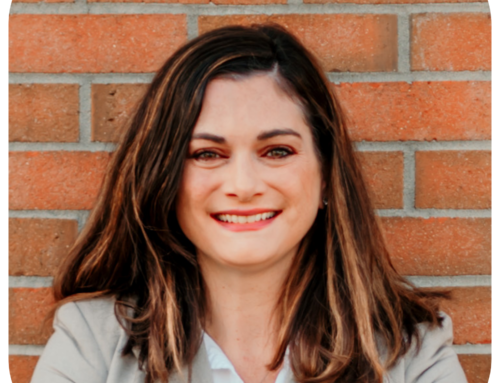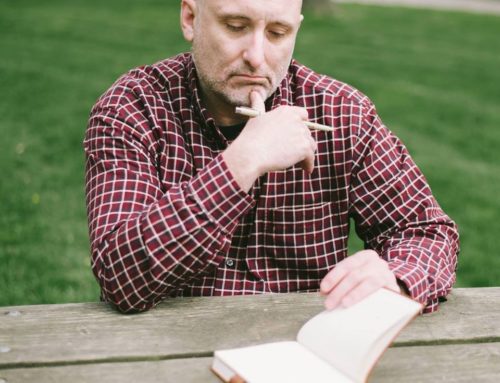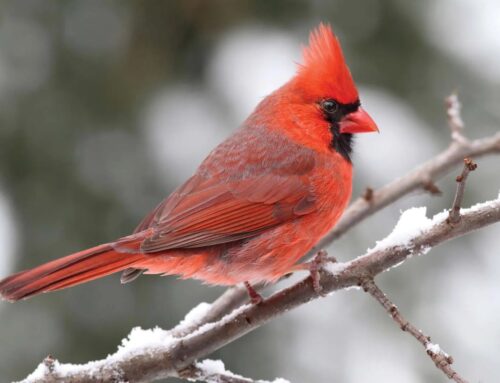There was a shift change when you entered the world. A cheering crowd of scrub-clad women there to see your red raisin skin, hear you cry out at the shocking light and cold air, and breathe in the fresh scent of new life. Your life.
I was 25 at the time, the same age you are today. Unlike you, however, I was ill equipped to become a parent. I was less than a year into my career as a pastor, working hard in a field that was hardly working out. I had become tangled in a web of depression. Your mother and I were already seeing a therapist for deeply-entrenched issues from our not yet three years together.
Not only did I not feel equipped to become a father, I still had doubts about bringing a child into the world, wicked as it was. I was still somewhat under the delusion that giving birth was a selfish act. In an overpopulated world filled with poverty, oppression, war, how could one justify adding to the problem with another human life?
But these doubts were far removed from my mind on that day. The day I met you. You were a perfect creation. Heaven-sent. All seven pounds, three ounces of you. As I held you in my arms and cupped my hand around your dark-haired head, my doubts passed away. I was filled with gratitude. Gratitude over the sheer grace, the immeasurable blessing that extended beyond the twenty one inches of your frame into eternity.
While I insisted that we not have a video record the event to spoil cherished memories of the moment, we did have a friend take a video of the hours afterward. There is a scene there where I escort my friends to the nursery. I’m beaming with pride. Not the worldly pride that boasts over personal accomplishments and separates one from another. No, this boasting was heavenly, filled with a sense of wonder and awe. As if to say, “Look at what God has done. See what God accomplished for me.”
I became a father five years before I was diagnosed with bipolar disorder. The symptoms were there, however. The first week of my child’s life I was thoroughly riding an ecstatic high. I changed her diaper at night. I gave her her first bath. I made a music video of her with the song “You Are a Masterpiece” in the background. The second week marked a dramatic shift. I went back to work. Insisted we get a grandparent to fill the role that I had played. Worked long hours. Yelled at her cries. Locked myself in the bedroom to escape what now felt like a overwhelming burden.
My mental illness prevented me from being the father I dearly wanted to be. A godly father who not only provided financially, but was involved in nurturing care to supplement the care of the mother. I was this kind of father sporadically. On other occasions, I was far from it.
My experience is not universal, of course. Some persons with mental illness make tremendous parents. I do think, however, we need to take careful personal inventory of what we can do and can’t do if we are going to become the father or mother every child most needs.
How has mental illness affected your parenting? If you are the child of a parent who has a mental illness, what would you want such prospective parents to keep in mind?
Discover more from Delight in Disorder
Subscribe to get the latest posts sent to your email.








Parenting can be such an amazing adventure! I had minor emotional issues as a teen and my parents used to worry that I didn’t seem happy enough. But I’d always hoped to be a “perfect”
wife and mother. For several years, until my mid-thirties, was able to keep things together and appear to be exactly that. But then, something went south and the anxiety and depressive tendencies caught up.
The worst part for me was probably the guilt over not performing to expectations…either mine or other people’s. Nearly a decade after my worst point, I still struggle a lot with guilt over not meeting all my responsibilities when I don’t even feel like getting out of bed.
Probably two of the most important lessons I’ve encountered are
1.Allowing other people to define who you are is a mistake, and can lead to excessive anxiety over failure.
2.There is no shame in asking for (and accepting) help from trusted friends/family/Church family.
I can appreciate how guilt can sometimes be an almost insurmountable wall in the way of grace. It sounds like you have learned this the hard way, but learned it nonetheless. Thanks for opening up, Heather.